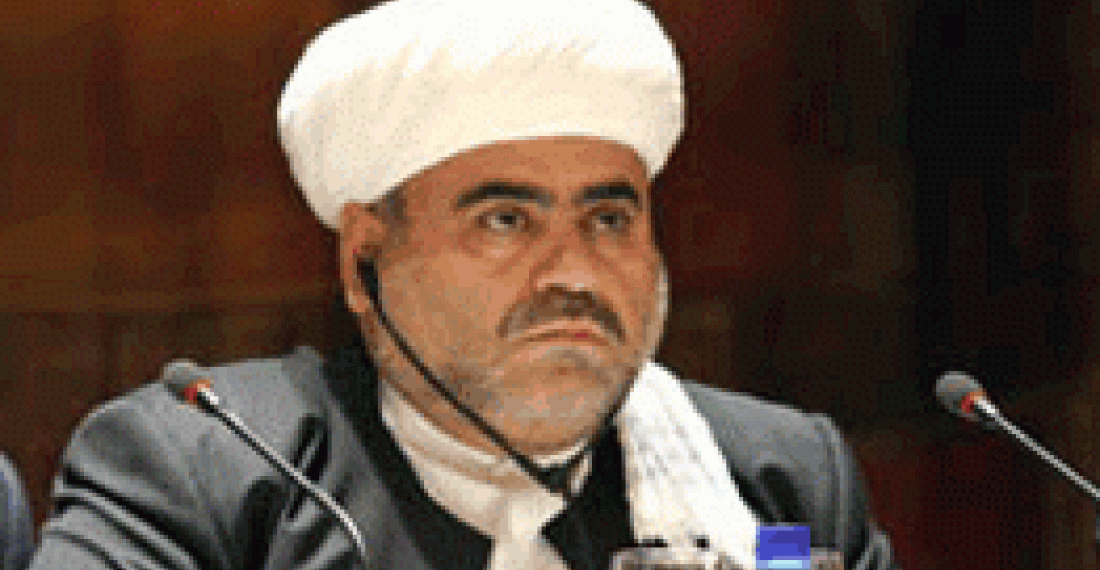Прибытие председателя Духовного управления мусульман Кавказа Аллахшукюра Пашазаде в Армению не преследует мирных целей. С подобным заявлением 29 ноября на пресс-конференции в Ереване выступил руководитель Ассамблеи армян Азербайджана Григорий Айвазян.
По словам Айвазяна, Пашазаде не имеет никакого морального права называться духовным предводителем, ведь еще в 90-ые годы он выступал с призывом уничтожить армян, "испить их кровь". Айвазян считает, что Пашазаде на самом деле является не духовным, а политическим деятелем, который приехал в Армению лишь для того, чтобы угодить Патриарху всея Руси Кириллу и создать впечатление мирного настроя азербайджанцев. В доказательство сказанного Айвазян отметил: "Иначе никак нельзя объяснить тот факт, что накануне приезда Пашазаде, в очередной раз азербайджанскими снайперами были убиты двое армянских солдат, а в день его приезда азербайджанские хакеры взломали ряд армянских сайтов", - отметил Айвазян, добавив, что армяне организовали прием Пашазаде на высоком уровне, чего, однако, не скажешь о том, как приняли в свое время Гарегина Второго в Баку. Однако, добавил Айвазян, если провокации со стороны Азербайджана будут продолжаться, Армения сможет дать ей достойный отпор, так как азербайджанцы не столь сильны, как себя представляют.







